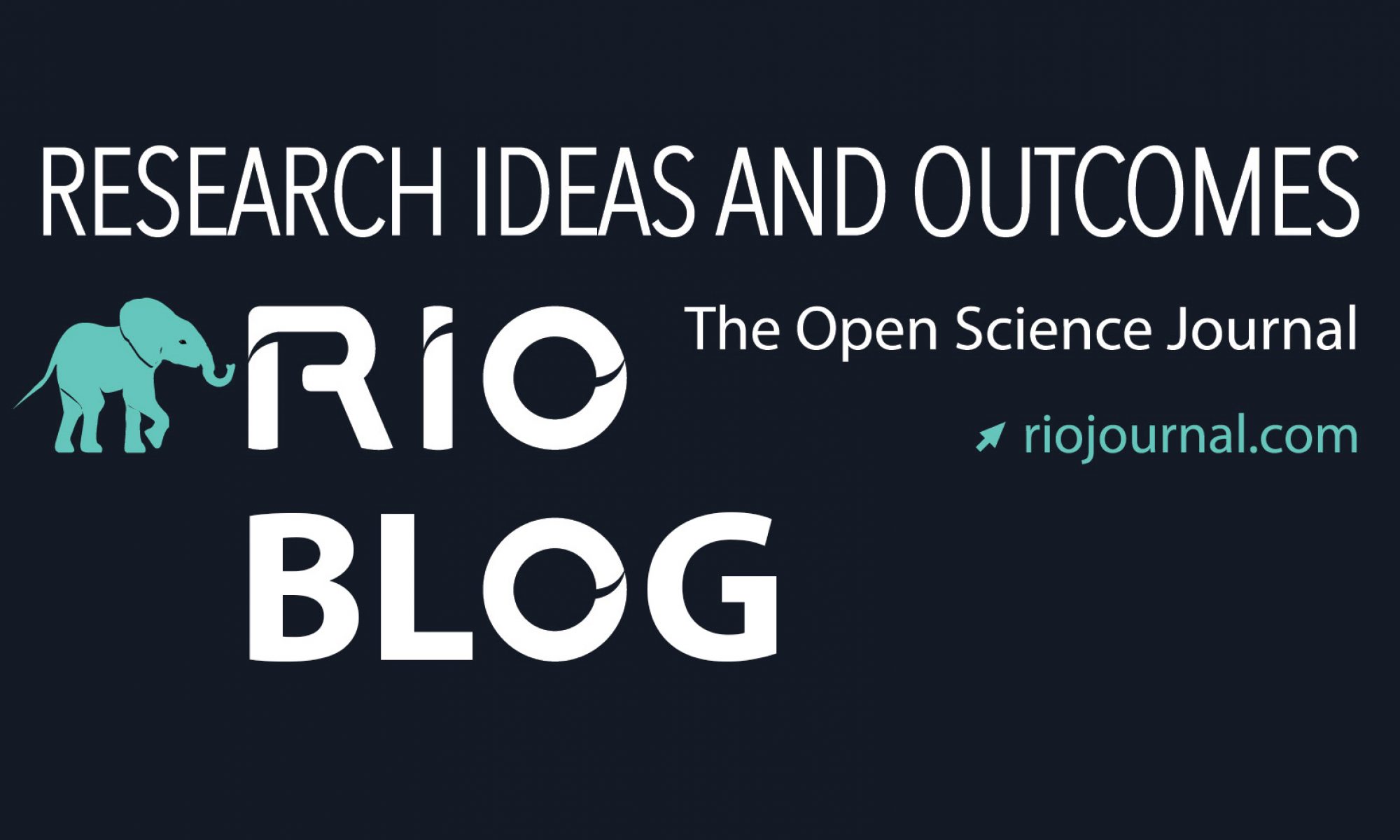Engagement with relevant political authorities and other stakeholders is of crucial importance for a research project, making sure its objectives are in tune with the real-world problems and its results provide adapted solutions. The EU-funded FP7 project Building the European Biodiversity Observation Network (EU BON) shares the outcomes, lessons learned and conclusions from a series of three roundtable meetings designed to identify stakeholder needs and promote collaboration between science and policy.
The collection of EU BON stakeholder roundtable reports provides a summarized overview of shared experiences gained in the three different workshops that were organized from 2013-2016. With more than 100 participants from over 20 countries altogether, the roundtable reports provide insights and exchange of ideas on highly relevant issues concerning policy, citizen science and local/regional stakeholders and its networks.
The roundtables seek to build up a stakeholder dialogue with exemplary sector-specific user communities to incorporate feedback loops for the products of EU BON, as well as to develop improvements of existing biodiversity data workflows. Being published via the innovative Research Ideas & Outcomes (RIO) journal conclusions, derived knowledge and results are now made available for other projects and the wider community to ensure their re-use.
The three roundtable papers report on conclusion on highly relevant issues related to biodiversity information and its open-access and availability, data workflows and integration of citizen science as well as science-policy interfaces.
“In each of the three detailed reports of the roundtables we outline its aims, intentions, as well as results and recommendations, that were drafted based on the roundtable discussions, world café sessions and working groups. Such project results are now published for the first time in the new series of EU BON results, featured in RIO, providing a unique new medium to share experiences, outcomes and conclusions,” comments Dr. Katrin Vohland, Museum für Naturkunde, Berlin.
“The three reports were published as workshop report provided by the Research Ideas & Outcomes (RIO) journal. This allows readers to publish, distribute and computationally analyse myriads of workshop reports that otherwise often get forgotten or just lost,” comments Prof. Lyubomir Penev, co-founder and publisher of RIO.
###
Original Sources:
Wetzel F, Hoffmann A, Häuser C, Vohland K (2016) 1st EU BON Stakeholder Roundtable (Brussels, Belgium): Biodiversity and Requirements for Policy. Research Ideas and Outcomes 2: e8600. doi: 10.3897/rio.2.e8600
Vohland K, Häuser C, Regan E, Hoffmann A, Wetzel F (2016) 2nd EU BON Stakeholder Roundtable (Berlin, Germany): How can a European biodiversity network support citizen science? Research Ideas and Outcomes 2: e8616. doi: 10.3897/rio.2.e8616
Vohland K, Hoffmann A, Underwood E, Weatherdon L, Bonet F, Häuser C, Wetzel F (2016) 3rd EU BON Stakeholder Roundtable (Granada, Spain): Biodiversity data workflow from data mobilization to practice. Research Ideas and Outcomes 2: e8622. doi: 10.3897/rio.2.e8622
General synthesis and lessons learnt from the three EU BON stakeholder roundtables
###
About EU BON:
EU BON stands for “Building the European Biodiversity Observation Network” and is a European research project, financed by the 7th EU framework programme for research and development (FP7). EU BON seeks ways to better integrate biodiversity information and implement into policy and decision-making of biodiversity monitoring and management in the EU.

